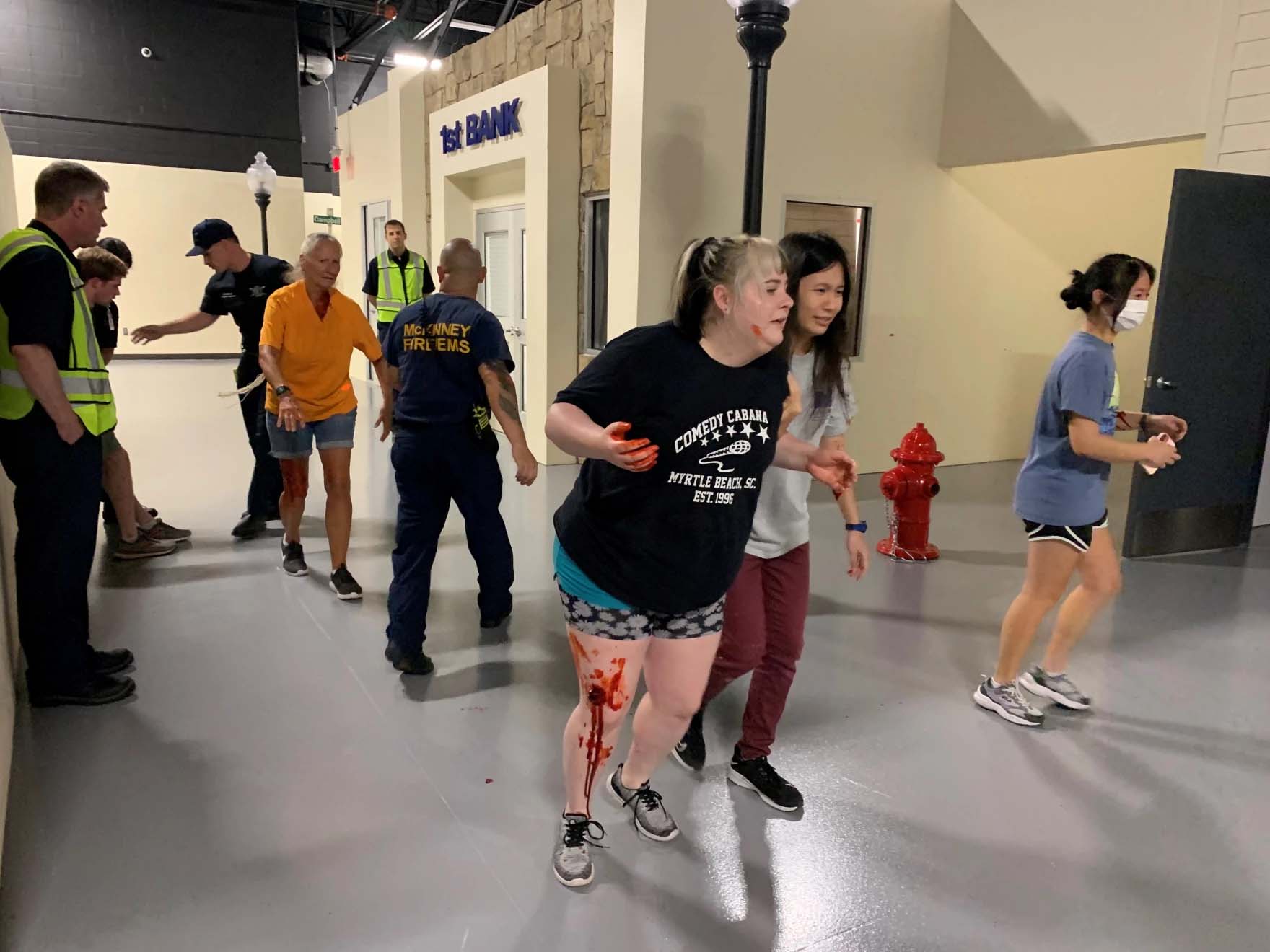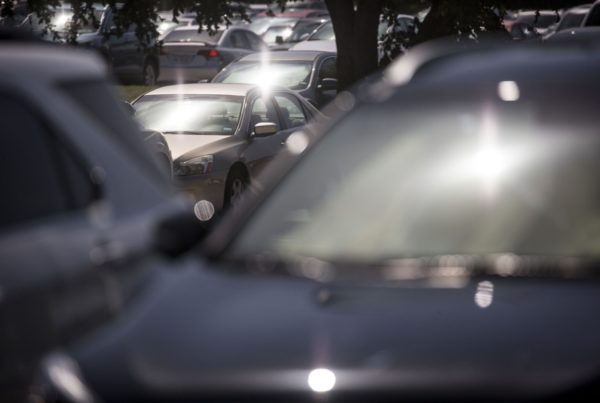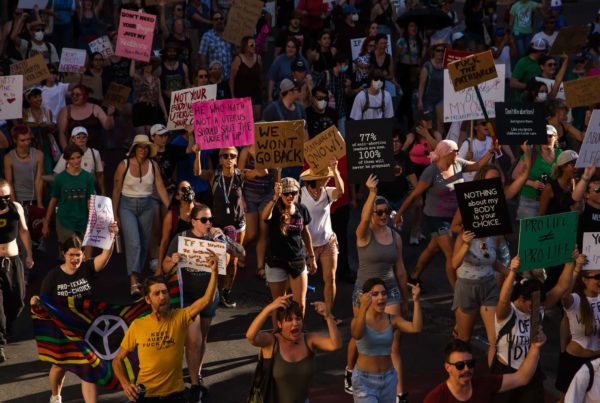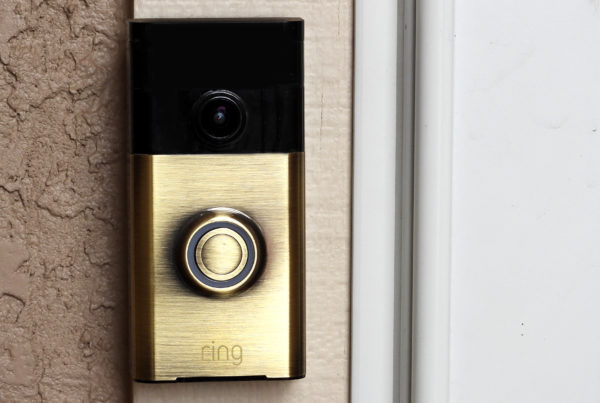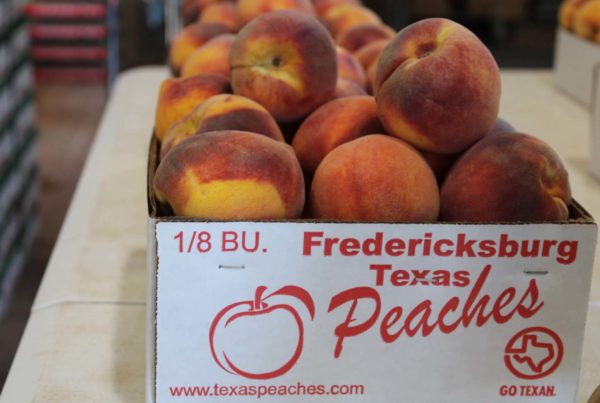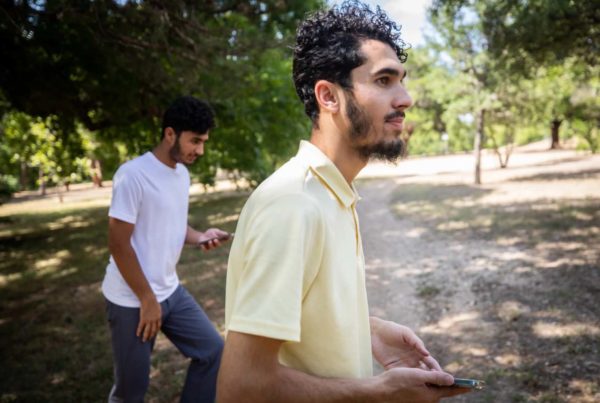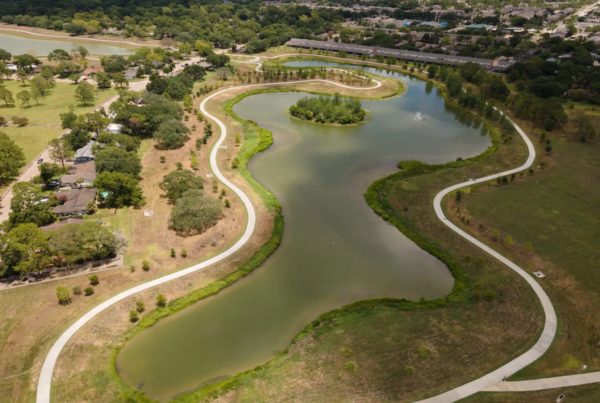From KERA News:
It’s active shooter drill day in McKinney, at Collin College’s Public Safety Training Center. In a side room, one of McKinney Fire Department’s medical directors, Eric Pearlman, is briefing crews of firefighters and medical rescuers about what they’re about to encounter: students and volunteers playing bloody, wounded and dying bullet and bomb victims.
The McKinney fire and rescue teams would be the ones showing up if a Collin County school is ever attacked.
“Luckily, this doesn’t happen often,” Pearlman tells them. “Unfortunately, in today’s world, it’s probably more realistic that something like this is going to happen one of these days.”
The victim-actors, with artfully applied gashes, gory slashes, and bleeding punctures, head to their spots in a make-believe bank that’s just been attacked by a gunman who then set off a bomb.
The set is ready.
“Go!” says the coordinator, like a stage director.
Screams suddenly fill the room. Panic and confusion ensue. Dazed victims wander out of the crime-scene bank as rescuers rush in.
Everyone knows this is acting, but McKinney Fire Chief Danny Kistner says it’s anything but play. Drills are important.
“This is about as real as it gets,” he says, as he watches the scene unfold. “And so it allows us to train with the stress, the excitement and everything that goes along with such an incident.”
Incessant high-pitched yelling demands attention. “Help me, help me! I need some help!”
Rescue workers now must exercise their training. They evaluate injuries to determine who needs the fast ambulance to the hospital, who can wait longer, or who’s dead or beyond saving.
Dr. Keegan Bradley, the McKinney Fire Department medical director, advises team members to keep calm, cool heads.
“Even if you’re not calm on the inside, try and show calm on the outside,” Bradley says. “If you start to show that you’re getting frazzled, you’re getting uncomfortable, they’re going to take that from you just as much as if you’re showing that you’re staying comfortable.”
» Texas Standard special report: ‘The end of last year will be with us’: Are Texas schools any safer since the Uvalde shooting?
Across the state, education leaders have been boosting school defenses.
Dallas Superintendent Stephanie Elizalde leads the state’s second largest district. She recently assured parents that $100 million in bond funds improved security at DISD schools by adding video doorbells, additional cameras, and more.
“Ensuring that all of our facilities have keyless entries. We look at ensuring we have those secure vestibules. (We’ve added) weapon detection systems, classroom safety door locks and devices,” she told KERA.
The Dallas Independent School District is also now requiring clear or mesh backpacksfor students in grade 6 and up.
In Fort Worth, the school district’s deputy superintendent, Karen Molinar, told trustees at a special August board meeting about ID-badge changes for this school year. Rules for wearing them recently got tougher.
“For all of our employees,” Molinar says, “it’s going to be required that you have your badge on in a school facility or in a building. Same goes for our secondary students in our secondary campuses. They will be required to wear ID badges.”
And where identifying students through some newly installed windows now seems risky even when — a few years ago — it was deemed desirable, Molinar says that will change.
“Now we are concerned about the safety, we can walk through the schools and some of our classrooms are exposed. So you’ll see Arlington Heights, Poly, Carter, and Paschal will be receiving those lockdown shades.”
Efforts to keep kids safe in school by keeping bad people out can only go so far, says former Dallas Superintendent Michael Hinojosa.
“Trying to harden your way out of this issue is next to impossible,” Hinojosa said. “I mean, when you go to Love Field, how many people are there trying to prevent a gun from getting inside that building? And then we still had a shooting in the entryway.”
To stop violence in schools, Hinojosa likes the mantra, “See something, say something.” He remembers when a gun that got into a Dallas school was found because a student told a teacher.
What may never happen in Texas is tougher gun laws. Still, Texas Republican Sen. John Cornyn recently ushered in the most significant federal gun legislation in decades. In part, it made red flag laws easier to implement.
It did not, however, ban assault style weapons used in multiple mass shootings, including Uvalde — a step more Texas parents have called for since that attack in May.


